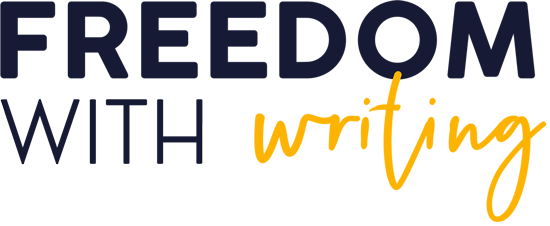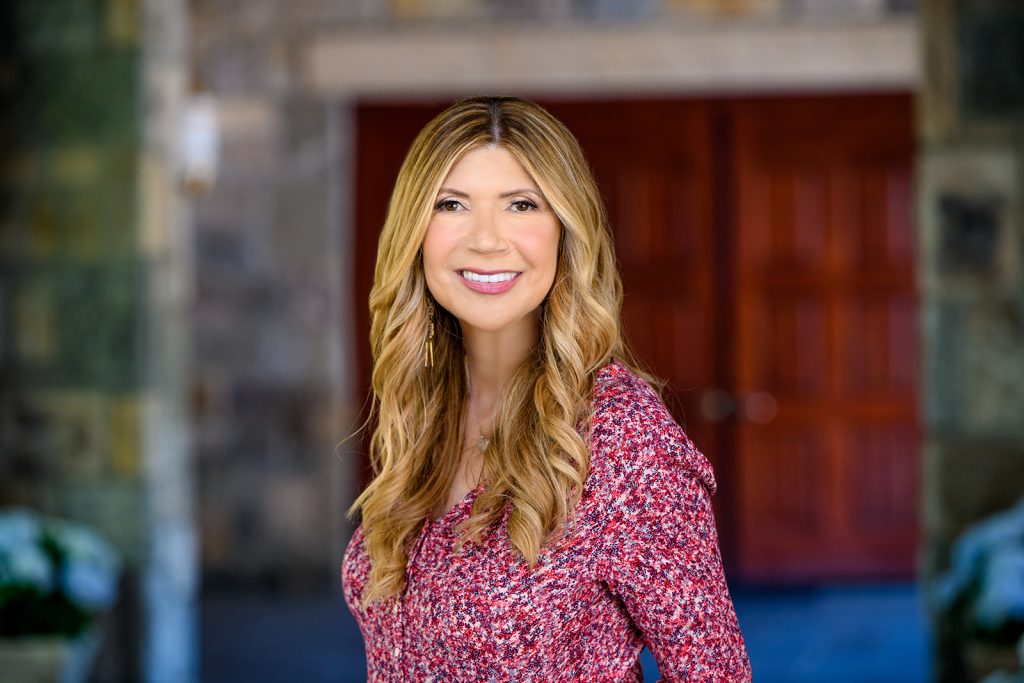Estelle Erasmus, former editor of five women’s magazines and author of Writing That Gets Noticed: Find Your Voice, Become a Better Storyteller, Get Published is winner of the 2023 Teaching Excellence Award as a writing professor at New York University. Read her interview here with trained health and personal essay writer, Viney Kirpal.
Viney: Congratulations on the publication of Writing That Gets Noticed! Writing to get noticed can be a daunting task. How can one write to get noticed?
Estelle: I think breaking through the noise is key so you can get noticed. There are skills and craft to doing that. My writing students for NYU and Writer’s Digest get published in top tier publications prolifically, and my book coaches writers to mine their lives for ideas; hone their voice; choose the perfect format for their essay, op-ed, or article; protect their psyche from rejection; and more. I offer my pro tips (Estelle’s Edge) throughout the book.
Here is some advice to elicit an editor’s interest.
Write Yourself In. If you stick to listicles or doing roundups, you won’t get the kind of attention to make a name for yourself, so write stories you are passionate about, and if possible, frame it around your own experiences.
Titles count. Often, an editor will assign based on a compelling headline even if the pitch isn’t fully fleshed out. I pitched The New York Times with the title What to Do When Your Teen is Trash-Talking You and pitched the Washington Post with the title “The Doula Who Saved My Life.”
Viney: As an award-winning writer, did you know when submitting your work, you could win the award? What about a work makes the writer win an award?
Estelle: One never knows when submitting what a committee will choose. I think the key is to believe in your work, and to do your best with every article, essay or op-ed. I was honored to have my viral article for the New York Times, How to Bullyproof Your Child (that I appeared on Good Morning America to discuss) win an award from The American Society of Journalists and Authors. I was also profiled on the Well newsletter, In my book I talk about mine and my students’ experiences going viral, and it is key to practice self-care, such as to set up an out-of-office email with resources and links.
As someone who has been a judge for the Writer’s Digest personal essay contests, and for Scholastic, I think award-winning essays and articles share several qualities: the writing is engaging, the tips and information in articles are fresh. Some other important elements of good writing include clarity—If you are not being clear, the reader won’t want to come along on the journey with you. Clarity is more important than flowery language, or using big, fancy words, and specific details matter, so there is no room for confusion. Instead of writing, “I loved what you did,” write, “I loved the way you sang ‘Landslide’ to me on our first date.” As you edit your work, ask yourself, “Is this language as specific as possible?
3. You’ve perfected the art of pitching. Could you please share five secrets of your idea of a killer pitch?
Estelle: Pitching is one way to get an editor’s attention in a crowded marketplace. A good pitch has a hook or focus, and 2-3 paragraphs covering why this, why now, why me?
To pitch a hit
1) Tap into current trends, events or cultural phenomena to make it relevant. I wrote an essay about Penny Marshall when she died in 2018, but missed the news cycle. So, as part of the mapping template for ideas I discuss in my book, I set up a Google alert for her name. When Amazon Prime announced the League of Their Own series, I framed my essay around that news and AARP’s The Ethel published my piece Why Penny Marshall’s “Laverne” Was the Role Model That Saved Me.
2) I tell my students to sign up for the email newsletters for professional organizations and associations covering the topic the writer wants to write about to get the latest breaking news and studies.
3) If you don’t have clips, or the editor doesn’t know you, I recommend doing something I call “writing to the reader” in your pitch, which is writing the first paragraph of the pitch as if you are writing the actual piece, to showcase your writing.
4) Most editors need you to write the entire essay so the editor can see your narrative arc and how you turn a phrase.
5) Everyone wants to write about love, loss, relationships, but your essay needs to have a universal hook that people can relate to, not just this sad thing happened to me.
Viney: You’ve said in an interview you discovered your voice on seeing your eighteen month-old dance uninhibitedly among a group of people. Why is a writer’s voice so important? How do you know you’ve found it?
Estelle: Words are like music. People can recognize they are hearing Barbra Streisand or Rhianna — often from the first note. The secret to success when it comes to writing a book or an essay or even an article that goes viral is to find your voice and imbue it into the story.
Your voice shows your personality, wit, idiosyncrasies, and your way with words and favorite phrases. It is what engages an editor, and eventually a reader.
One way you reveal your voice is by the tense of your verbs and the expressions you choose. Are you writing that your partner’s eyes are the color of blue denim, or are you writing that they are blue like the chaotic ocean waves that wreak destruction on everything in its path? Your voice reflects the way you view the world, offering the reader a combo platter of your experiences, attitude, and approach.
Here are some strategies to help you discover your voice.
Ask a friend or partner to read your story and tell you what makes them want to know more.
Tape yourself telling your story, and listen to how you sound, so you can capture the nuances of your personality before writing it up as a draft.
My favorite tip to elevate your word game is to watch TV with the captions on. On TV, every word counts. Characters on TV express themselves through dialogue, so jot down what they say, and imagine how you would speak and act in the same situation and use that in your writing.
Viney: Lovely answer!You might like to tell us something about writing successfully for women’s magazines, especially since you have edited five of them in the past.
Estelle: I got my start at Woman’s World magazine in the beauty department doing service journalism, which is tips, tricks, and advice that readers can use to improve their lives. I had 7 deadlines a week, so I learned how to research and write quickly.
I then was a Senior Editor at American Woman magazine, where I wrote columns and curated the content we used in the magazine. I moved into my first editor-in-chief role at Woman’s Own and then became editorial director for Hachette’s Body by Jake. After that publication closed, I launched the American Breast Cancer Guide, and Esthetique, a beauty publication. I also wrote fitness, beauty and mind/body columns for First for Women, New Body and Let’s Live.
Once I had my daughter, I also covered health and mental health from a parenting perspective for GH, Parents.com, The Washington Post, The New York Times, and more. I also edited briefly for Narratively.
As an editor, I can share this advice:
Be Someone An Editor Can Rely On. Deliver to an editor in such a way that you make their life/job easier. You might love a headline, but they know what works for their publication better. You might also have a fact checker go over your work for big publications, so make sure you have all your data. I would also recommend checking your work, spelling and grammar so that it is as flawless as possible.
Find Support in Community. There are many writer’s organizations to join that can offer resources, information and commiseration. I have been a member of The American Society of Journalists and Authors since 1997. I also belong to the Author’s Guild, Women’s Media Group and the American Society of Magazine Editors.
Don’t Be Afraid to Pivot. You may start out specializing in writing about health or beauty or politics, but that is no reason not to explore other subjects. It’s nice to find a niche early on, so you are known to editors (I once specialized in beauty, health, parenting, psychology, and reinvention in midlife), but I’ve also written about politics for Newsweek, and gender roles in medicine for Zwivel.com.
Viney:. Choose the most outstanding input from your podcast interviews and share it with the readers.
Estelle: In my podcast Freelance Writing Direct I have revealing chats with bestselling authors, working writers, and assigning editors such as Narratively’s Editorial Director, Cheryl Strayed, Ann Hood, and Emmy-award winning broadcaster Harris Faulkner.
I make sure to include actionable writing and craft advice in each episode.
Viney: Such important insights! Thank you ever so much for this excellent interview, Estelle. For those interested in learning more from Estelle, please visit her Substack, and follow her on Twitter, Instagram, and TikTok.

